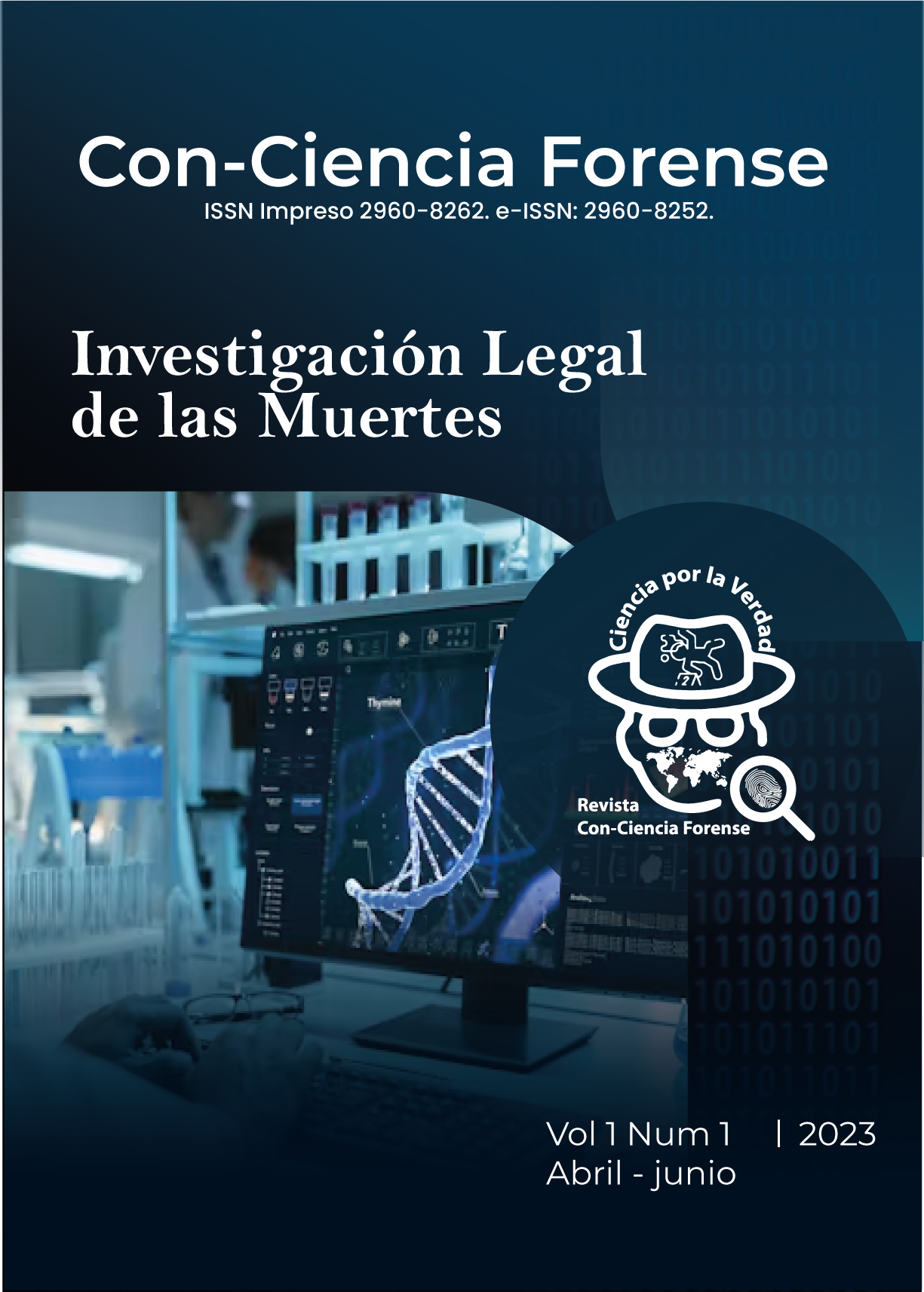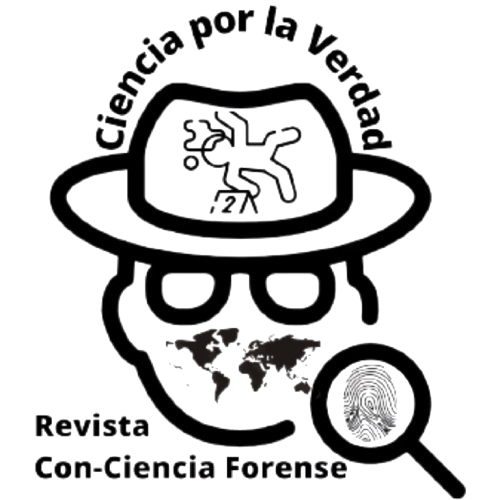Refutation of the Gettier problem
DOI:
https://doi.org/10.63804/ccf.1.1.2Keywords:
social sciences, knowledge, epistemology, philosophyAbstract
This article critically examines Edmund Gettier’s celebrated work “Is Justified True Belief Knowledge?”, which since 1963 has challenged the classical definition of knowledge as “justified true belief” proposed by Plato. Based on a conceptual review of the term’s identity, understanding, knowledge, and truth, and through a deductive reasoning framed in the context of action, a methodology is developed to analyze Gettier’s examples and assess their validity. The analysis shows that the cases presented by the American philosopher contain logical flaws, since the general propositions constructed rely on incomplete or erroneous evidence, which invalidates their qualification as “justified true belief.” By examining the two classical scenarios (the coins in the pocket and Jones with the Ford), it is demonstrated that the apparent refutations of the Platonic definition dissolve when coherence is required in the relationship between evidence and proposition. The discussion reveals that the Gettier problem rests on a lack of argumentative construction and therefore lacks real foundation. Consequently, it is concluded that the Platonic notion of knowledge remains intact, reaffirming its usefulness in the field of contemporary epistemology.
Downloads
Published
Data Availability Statement
The data used in this study are available upon reasonable request to the corresponding author.
Issue
Section
License
Copyright (c) 2023 Nolbert Briceño (Autor/a)

This work is licensed under a Creative Commons Attribution-NonCommercial-ShareAlike 4.0 International License.
Con-Ciencia Forense uses the CC BY-NC-SA 4.0 license for all its works.







